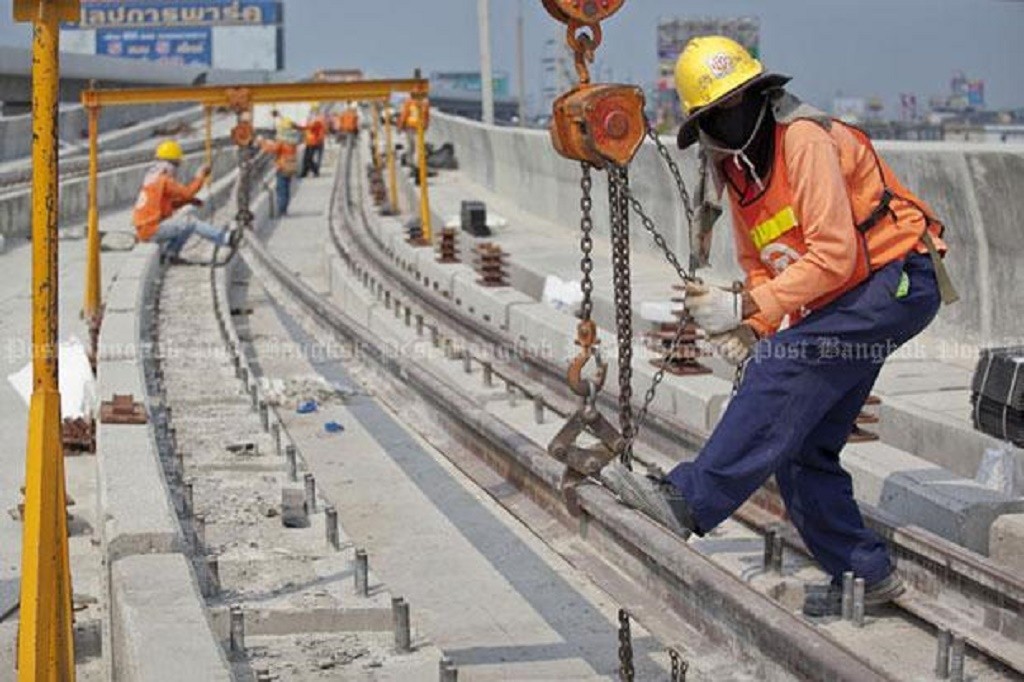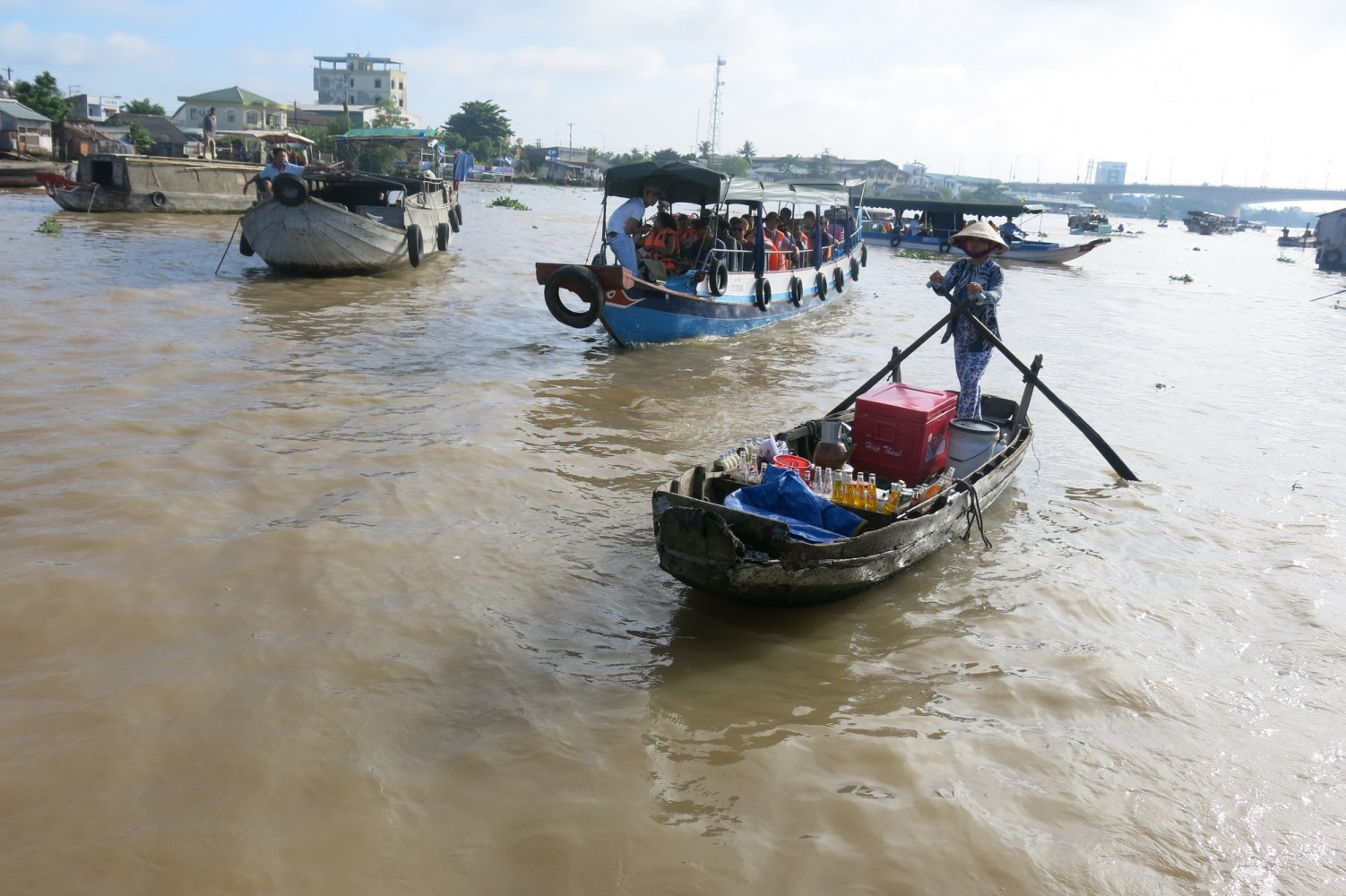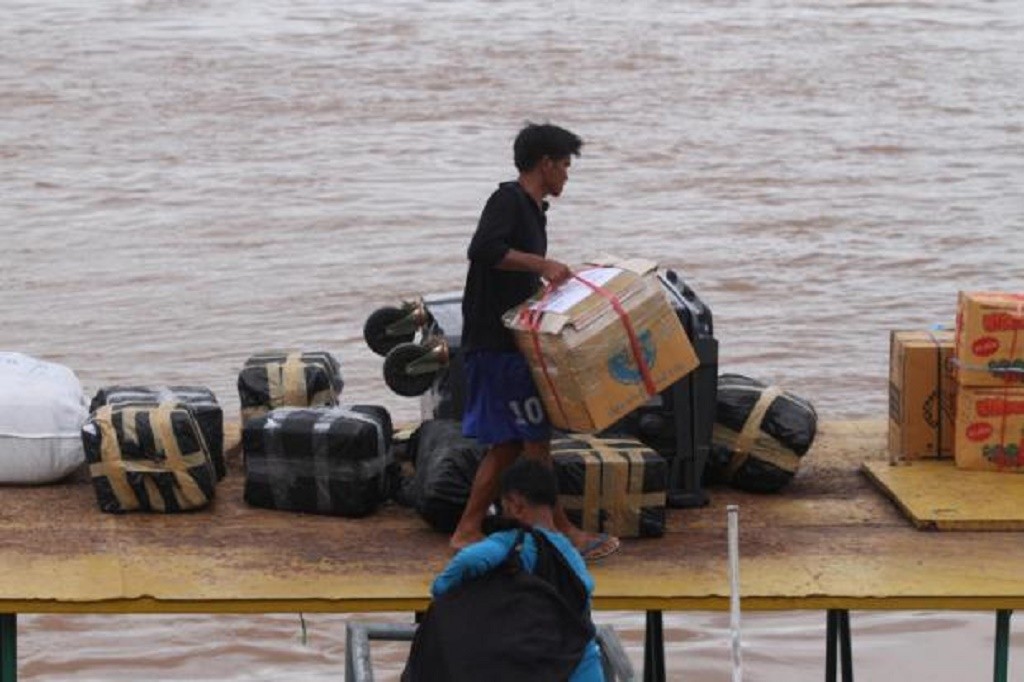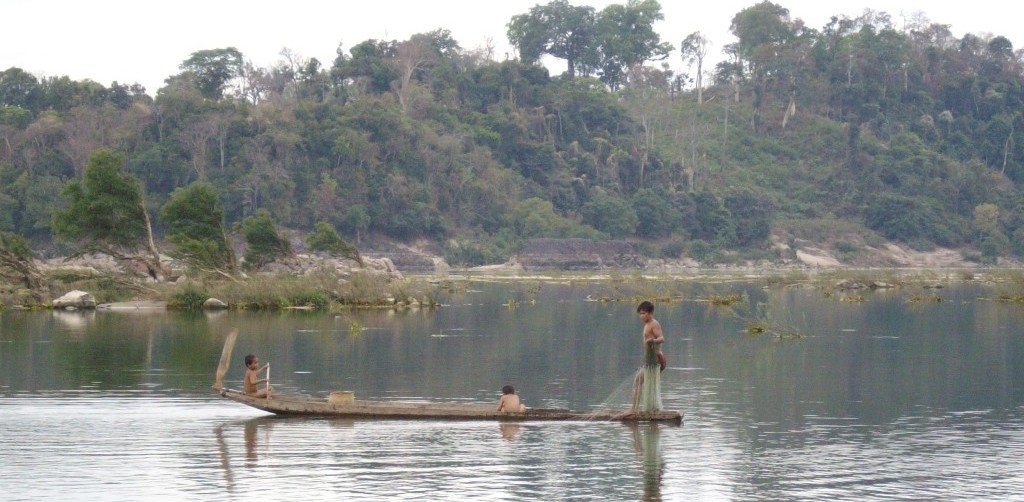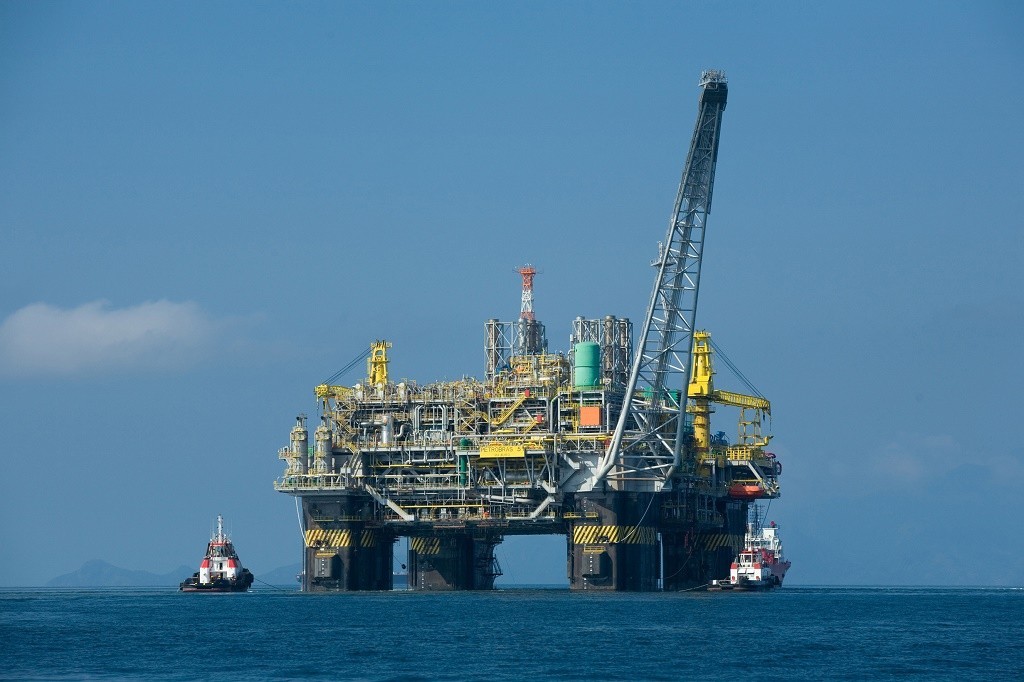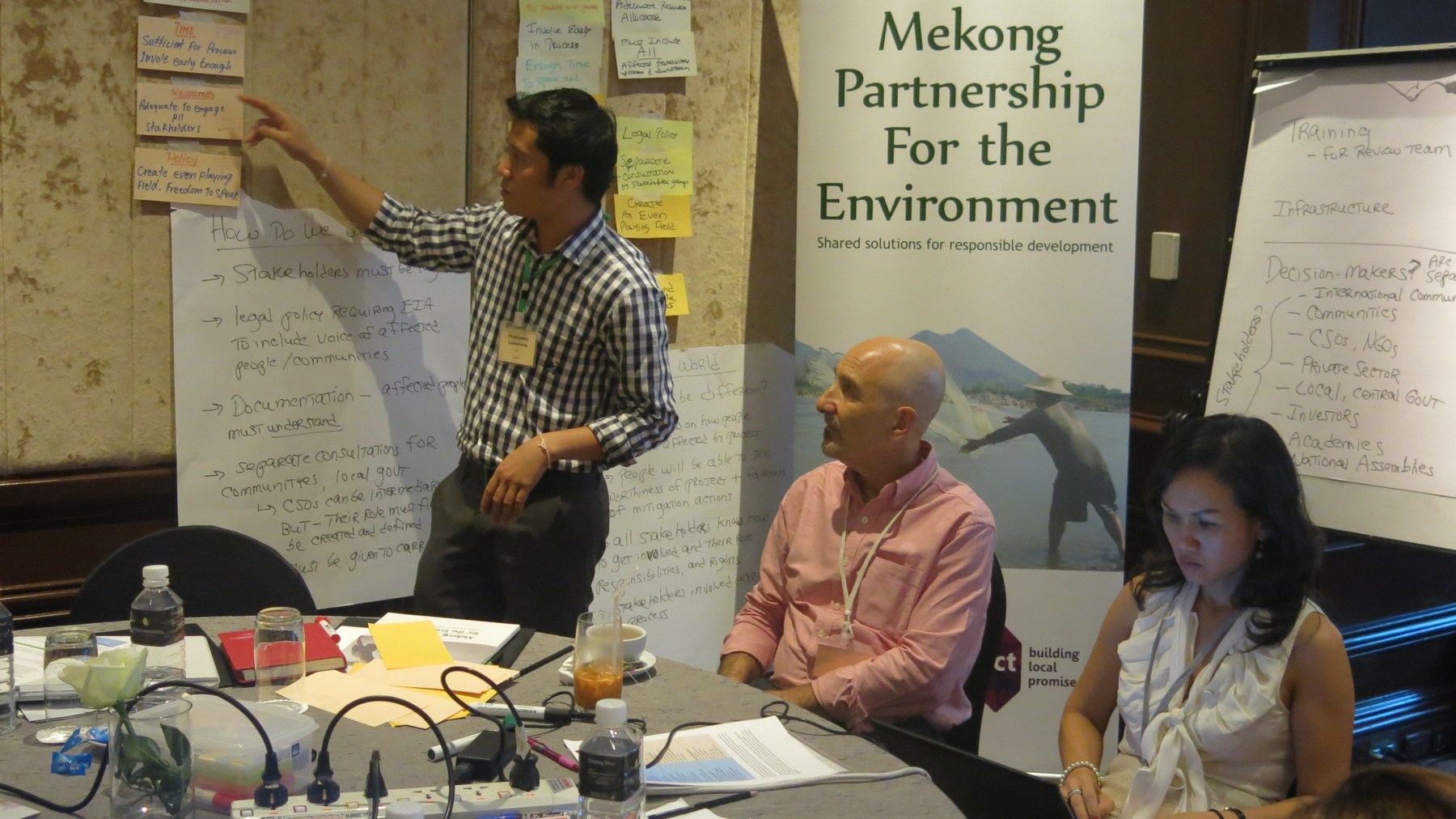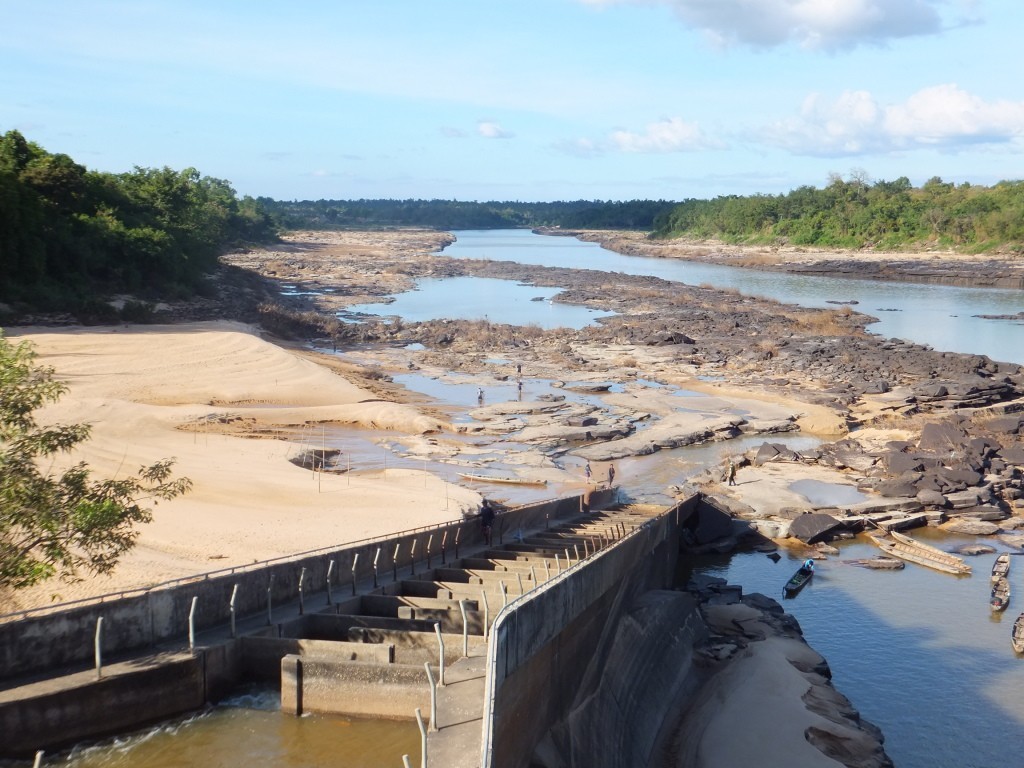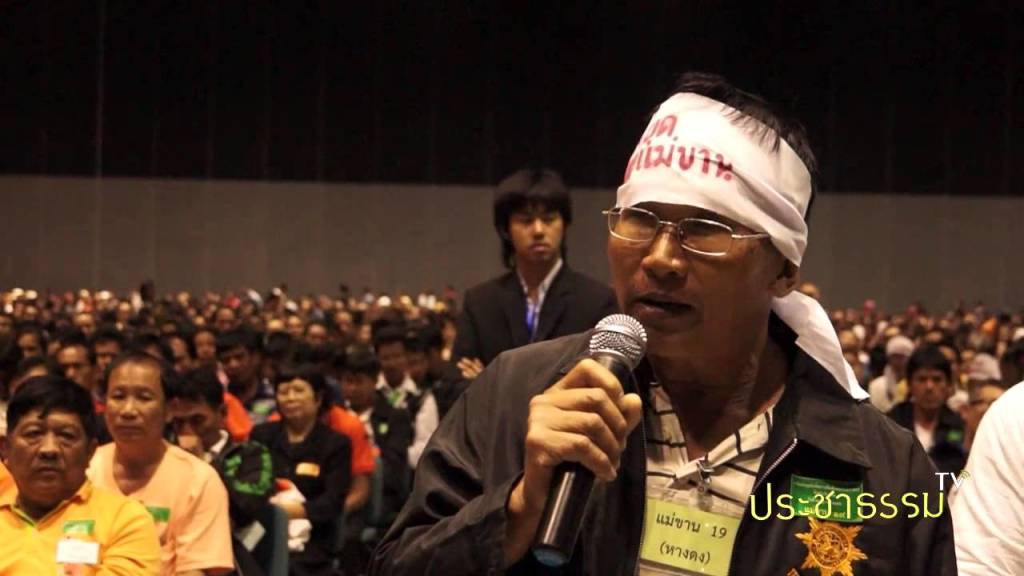The Thai government hopes to ease its public debt burden by luring the private sector to invest more in multibillion-baht infrastructure projects, especially in telecommunications and transport, through public-private partnerships (PPPs).
Category: Region
Selected environmental stories from media outlets in the Mekong region and beyond.
Urban sprawl causes floods in Mekong Delta province
Thousands of people in the southern province of Dong Nai were hit last week by the worst flooding in 20 years.
Poor water management hits Delta
Viet Nam’s Mekong Delta, which is home to 18 million people, has suffered adverse consequences due to poor water resource management, a researcher at a Can Tho University think tank has said.
Mukdahan resists industrial plan
The Bangkok Post looks at the northeastern province of Mukdahan, which borders Laos, in the third of a six-part series on special economic zones.
Mekong Countries Voice Major Concerns Over Laos Dam
A public consultation organized by the Mekong River Commission was held in Pakse, Laos, last week, where opponents continued to call for Laos to reconsider a controversial dam project.
Mine operator in Isan threatens to sue high school student
A gold mine company is threatening to sue a high school student who reported the environmental effects of mining activities in Isan, Thailand’s northeast.
Offshore area to be busiest in Southeast Asia: MOGE
The winners of the 2013 offshore round are preparing for large energy exploration programs this year, as the process of signing production sharing contracts is now finished. While falling energy prices may slow the overall pace of exploration in Myanmar, there is expected to be a burst of exploration on the 20 newly-awarded offshore blocks.
Government and civil society support strong Environmental Impact Assessments
Government and civil society representatives highlighted the need for strong and inclusive environmental impact assessment (EIA) policies and practices in the Mekong region at a meeting this week in Bangkok, Thailand.
Dam EIAs enable “river grabbing”
Water and river grabbing refers to situations where powerful actors such as developers and governments are able to take control of, or reallocate to their own benefits – including decision-making power – the use of rivers and water resources.
Do Environmental Impact Assessments (EIAs) allow ‘river grabbing’?
Though hydropower is considered a form of clean energy, the construction and operation of hydropower dams can drastically destroy rivers, and alter people’s way of life forever. Therefore, assessment of the environmental impacts of specific hydropower projects is crucial to avoid what can be called ‘river grabbing’.


